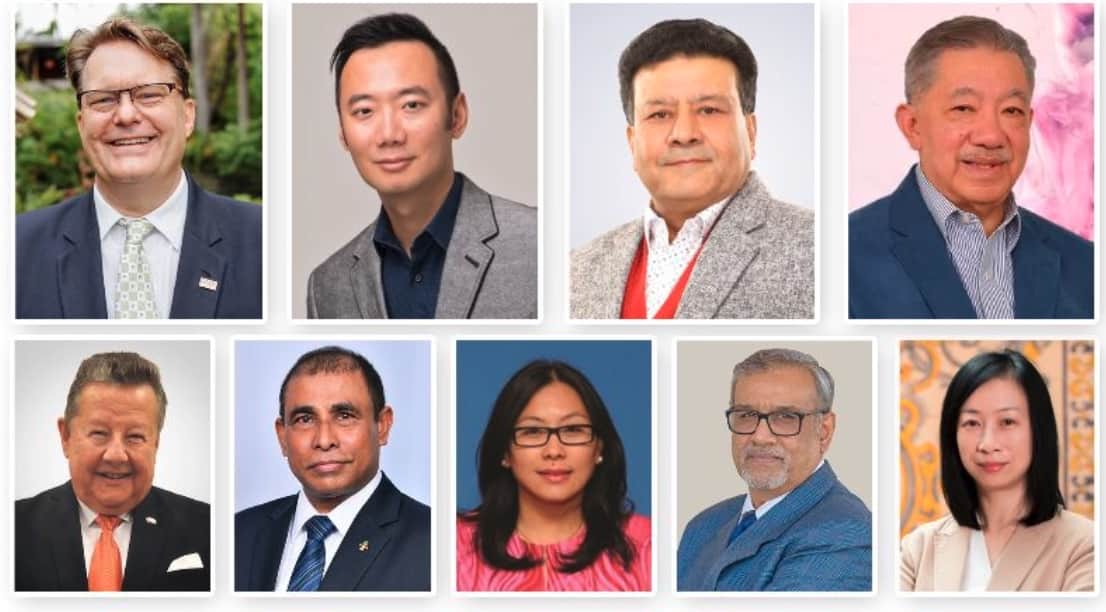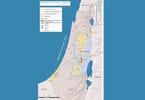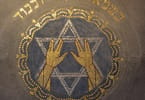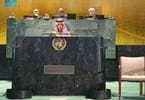Creating Global Connectedness
The reality of the world today is diverse, dramatic, divergent, and at times, deeply troubling. Our world has become increasingly connected through 24/7/365
technology, which we willingly invite into our lives anytime, anywhere, and anyhow. To be connected has become a reflection of our hunger for information and appreciation. Our sense of responsibility and productivity is increasingly measured by volume of messages, strength of networks, and speed of sharing of opinion.
Global communications lines have played a critical role in erasing borders.
Communities are created across the globe based on what one represents as a
thought, regardless of what one represents culturally, nationally, or
demographically.
And yet, for all of our connectedness, global issues and opinions have us not just moving further apart, but often pushing apart. A single, seemingly simple
comment about one group of people from another can spread like e-wildfire,
enflaming opinions and even actions. The more easily accessible and bloggable
international commentary has become, so too has the risk of hyper-acceleration
of judgment. Sadly, opinion is often without pause for fact-checking and
verification or careful consideration of consequences. For all we are learning
about the world through our inter-connected lives, at the same time, we are
unlocking how much more we still have to learn.
Understanding Others
This is particularly relevant when it comes to understanding people from other
countries and cultures. Just why do certain nations and their people do certain things certain ways? Why do they hold certain beliefs? What makes them certain that their way of life is affording them the best possible opportunity for development as a society, economy, and national or cultural identity? Why do these people think certain ways about other nations, other ways of life? Why do they wish to be closer to us? Or stay far away?
To try to understand different nations through facts and figures would not only be an exhaustive, academic process, it would deprive us of one of the most critical elements to understanding other people – nations and cultures – of the world: a heartbeat.
For anyone wishing to understand the ways of other people and places, wishing
to scratch below the surface of details and definitions to uncover real insight and wisdom, there is one “school” which provides greater richness of learning and true understanding than any website or wondering can offer. It is a remarkable way of gaining understanding, which penetrates not only our minds, but also our hearts and our lives.
That one way is tourism.
Through tourism the world has developed a platform for people of exceptionally
different locations and viewpoints to come together.
A platform for creating enduring awareness, respect, appreciation, and even
پيار.
A platform for releasing judgments in favor of embracing truths seen, heard, and felt.
And a platform for peace.
Indelible Impressions
Today, in these rapidly-changing times, there is no other economic sector which
actively and enticingly encourages an individual from one part of the world to
willingly invest his or her time, funds, and emotion into picking up and traveling to a completely different location on the globe to meet a completely different people, become immersed in their completely different way, and return home with completely reshaped impressions.
It is only tourism which inspires such a quest for understanding and experience of differences.
In addition, one of the breathtaking aspects of tourism is the speed with which
understanding and connection can be gained. Years of technical information
about a culture cannot replace the split-second insight attained through cultural first impressions.
We have all experienced it, be it through travel to a neighboring city or state, or to a nation a world away. Most often it is first felt through a smile. A smile accompanied in some parts of the world by a bowing of the head, in others a coming together of the hands in a gesture of prayer, in others a placing of one’s hand on the heart. Words spoken may differ but the spirit is shared – “Namaste.” “Salaam Alaikum.” “N_h_o.” “Howzit.” “Howdy.” “Cheers.” “G’day.” “Jambo.” Whatever the case may be.
In a heartbeat, faster than definition can be Googled or Binged, understanding is there. The message is clear: “Come closer.”
With that first greeting, be it from a flight attendant waiting at the doors of the aircraft to take to you your destination, or a taxi driver waiting on your arrival, or a hotel doorman waiting to welcome you, or a child on the sidewalk simply looking up at this new face in his neighborhood, facts and figures become feelings. The mind widens to learn more, the heart opens to grow more.
With this growth comes connection. With this connection, a bond is formed, even
if it is at the most simple level. With this bond, difference becomes dissolved. And diplomacy is lived.
From that moment onwards, a place once defined as “foreign” starts to become
familiar. Frequency of hearing, seeing, sensing, and being turns contrasts into
comforting curiosities to be explored.
Wonderfully, and before we know it, initial assumptions are left back at the hotel. Days become spent soaking up not just the climate but also the living culture of the place – details which once were on paper or computer screens are now brought to life, in technicolor, in ways which truly make sense and matter.
When it comes time to leave, precious keepsakes taken back home are the stories
of times spent with local people, in their space, in their way. Clear
recommendations for friends/family/colleagues are formed of what they need to
do, see, experience, when they take their trip to this wonderful new place with its wonderful people.
Why will these people also visit? Because the recent returnees will insist – they will insist that headlines not be taken as defining of a people, that judgments not be made without experiencing for oneself, that opportunities to experience the beauty of differences and finding similarities not be missed.
Unofficial Diplomats
As aptly stated by Bruce Bommarito, SVP and COO of USTA, “Tourism is the
ultimate form of diplomacy.”
Statistically, it is proven. Research conducted by RT Strategies Inc. found that, through visiting nations as tourists, people are:
– 74 percent more likely to have a favorable opinion of the country, and
– 61 percent more likely to support the country and its policies.
Intuitively, we know it. In addition to being a powerful driver of social and
economic growth of nations – GDP, trade, FDI, employment, etc. – tourism has
become a force for global good through its ability to act as a driver of diplomacy.
Through tourism, be it business travel or leisure, nations meet, cultures connect, people share, and understanding is formed. Tourists – those curious to see what opportunities for understanding and growth are available across the world as business builders or holiday makers – become unofficial diplomats for their nation. Tourists, through the nature of their being symbols of the people from the place they call “home,” become national representatives.
Mirroring this, the people of places visited become friends through simply being who they really are. In so doing, perceptions are shifted… for the better.
And in these times of e-connectivity, how reassuring it is to know that through all the wires and across the web, a simple smile from across the globe can remind us of how truly connected we all are.






















